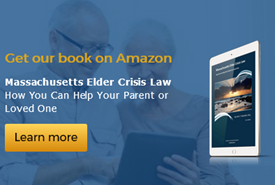What to Know About Creating a Living Will
Creating a living will ensures your future health care decisions and plans are respected. A living will, or advance directive, is a legal document outlining medical treatment preferences and end-of-life care if you can’t communicate or make decisions for yourself.







